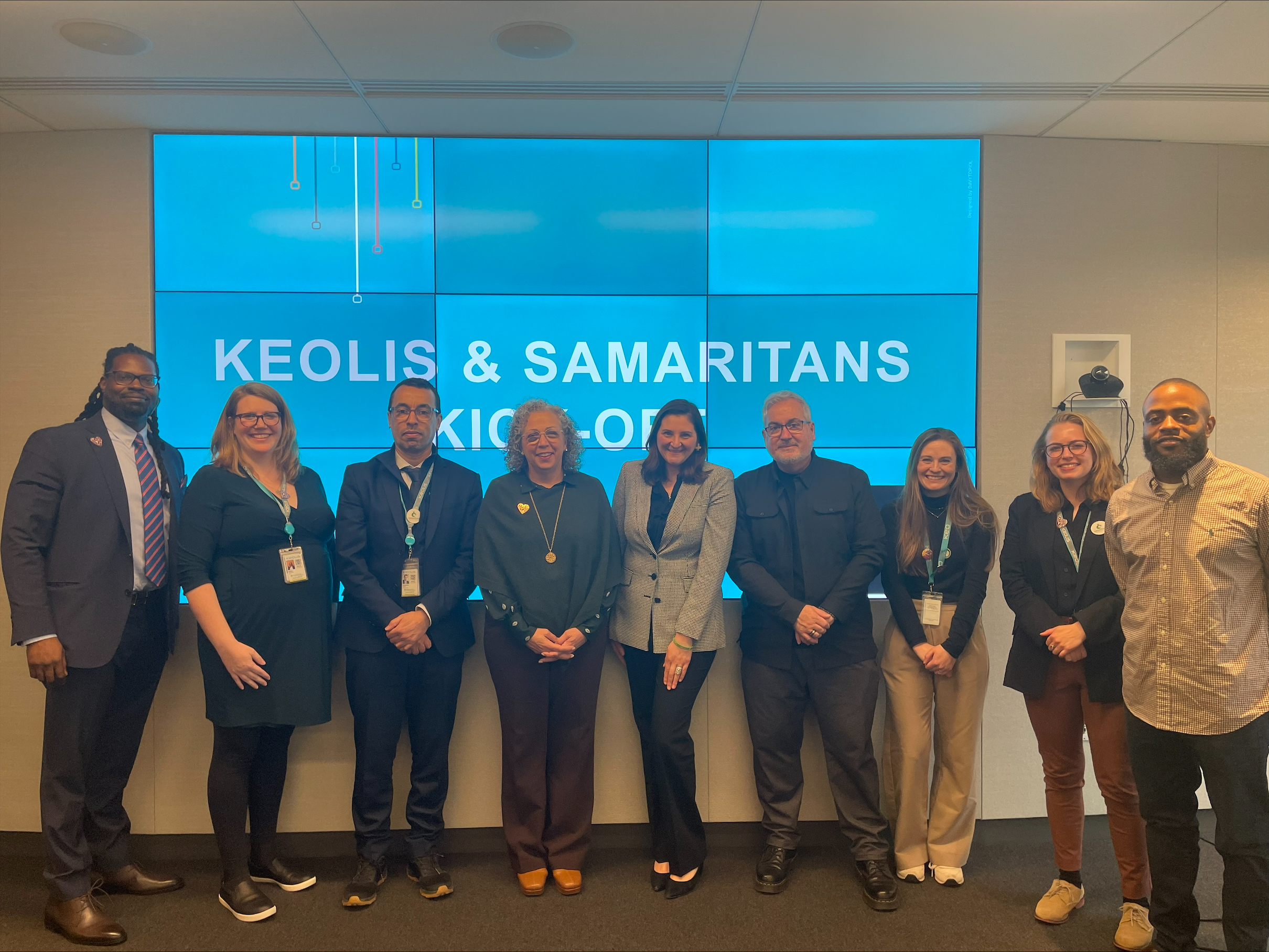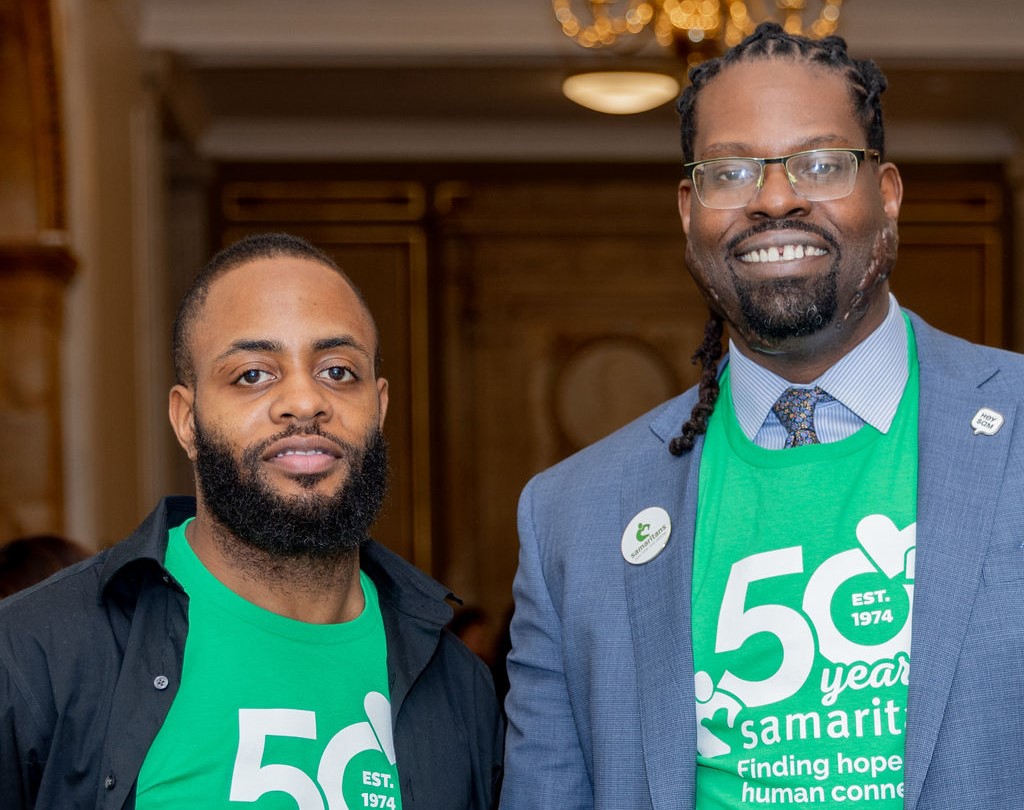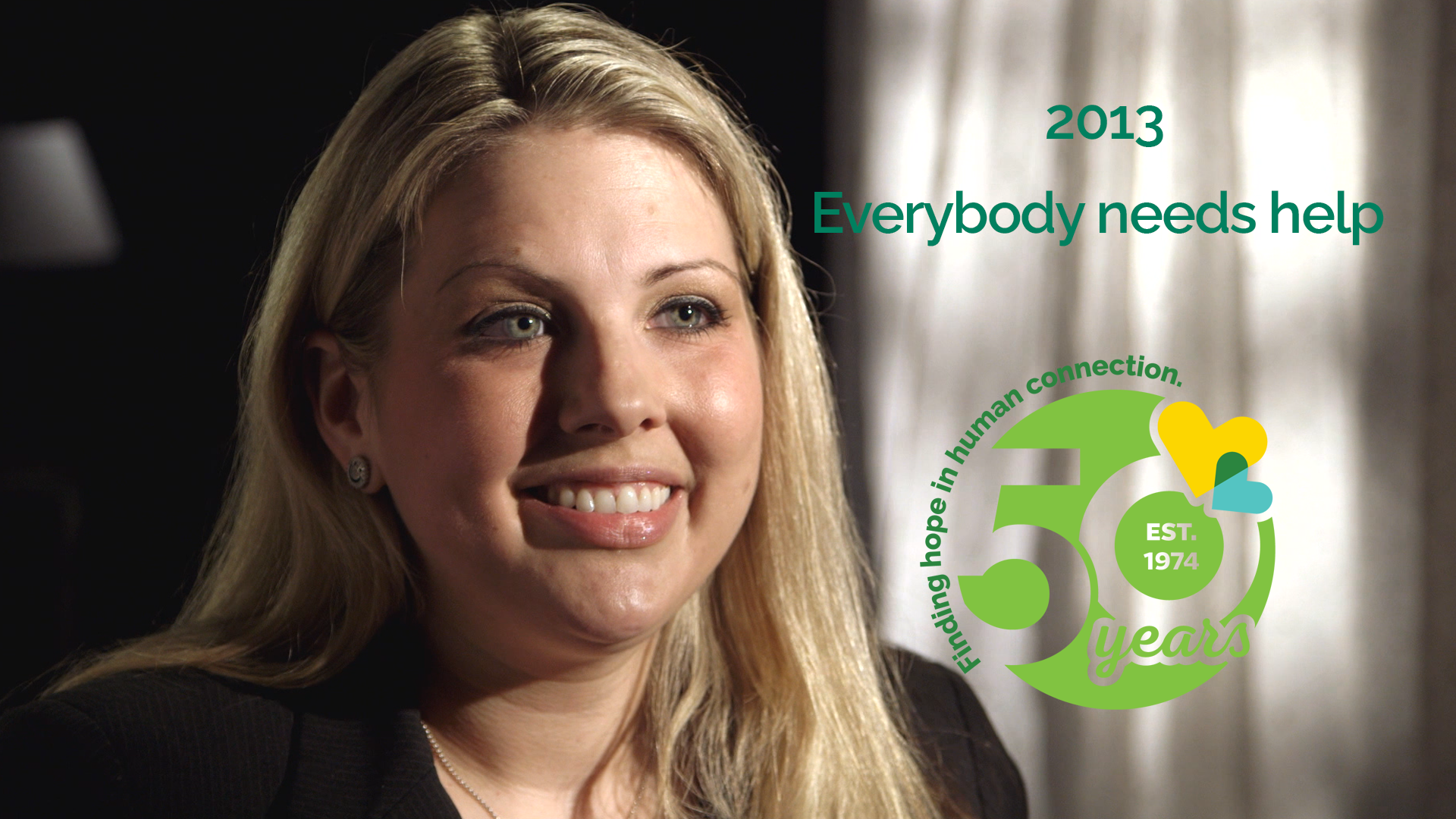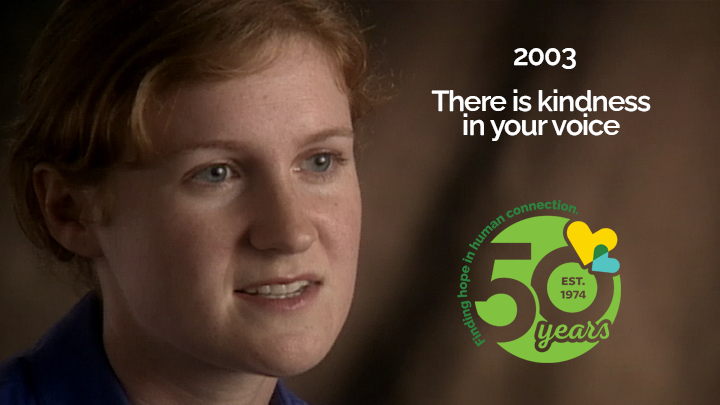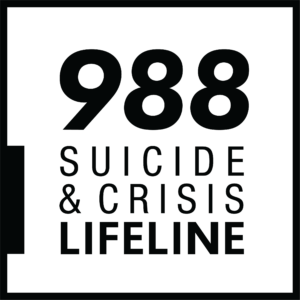From Kathy Marchi, President & CEO:
Sometimes, knowing that something lies ahead doesn’t make it any easier to navigate when it approaches. For over a year, I have known that the retirement of Ron White, our long-standing Chief Program Officer, was on the horizon. As the year turned and a timeline came into focus, it suddenly felt heavy, sensitive to address, and bittersweet. In true Ron fashion, he was open, welcoming of the discussion, and generous. He was also, as he has always been, focused on what is best for Samaritans.
Thus, we have laid out a plan for Ron, now as Chief Projects Officer, to shift his priorities to handling the rollout of the 988 national line and its impact on our organization; a project with Community Consulting Teams focused on our Helpline volunteers; and our National Suicide Prevention Lifeline Re-Accreditation which will culminate in August. Over the next 6 months we have time to continue downloading history, learning from Ron’s vast experience and enjoying his happy presence. This also offers us time to plan how we will celebrate and honor his contributions of more than 14 years!
Now, let me turn to the exciting opportunity this has brought to our leadership team. Having spent years deeply connected to Samaritans and statewide work on suicide prevention, Kacy C. Maitland, LICSW, was an easy and wise choice to lead our existing programs and to help us develop new ones. Kacy joined us on February 1st as Chief Clinical Officer. I am especially appreciative of Kacy’s in depth understanding of our organization, her compelling desire to help reduce the incidence of suicide, and her distinctive ability to develop the best in our programs and team. Please join me in welcoming Kacy.!
From Kacy C. Maitland, Chief Clinical Officer:
Thank you Kathy. I am so excited about this incredible opportunity and thrilled to be a part of the Samaritans community in a whole new way. While I am new to this innovative role as Chief Clinical Officer, Samaritans is not new to me. My relationship with the organization dates back to when I was a child, as my father was a volunteer on the Helpline. He will fondly tell stories of getting “beeped” during his overnight shifts if I needed to get in touch with him. I was always in awe of the work that he did, and I aspired to do just that.
After I graduated from college and returned to Boston, I filled out my handwritten volunteer application, mailed it in, and waited for a response. Shortly thereafter, I received an invitation to come to the office to hear more about the programs and to interview to be a volunteer on the 24/7 Helpline. Once accepted and then trained, I gained a deeper understanding of why my father felt so connected to this work. And I realized that learning how to befriend wasn’t just something he did on the Helpline; I was raised by a Samaritan, and befriended my entire life.
Drawn to helping others and holding a firm belief in the critical importance of active listening, I always wanted to do more for the organization. After volunteering for some time, I became a volunteer shift supervisor, otherwise known as a Homeleader, and eventually hired by Ron as a Volunteer Recruiter. While working a full-time job elsewhere, and part-time with Samaritans, it became clear that something was keeping me there.
Inspired by both our mission and the dedication of Samaritans’ staff, I decided to pursue a graduate degree in social work. While in graduate school, I came back to work as a Volunteer Coordinator, ran the Boston Marathon in support of Samaritans in 2014, and served on the Executive Board of Directors from 2015 until assuming this new role in February 2021. All of this to say, there is still no place I would rather be.
Samaritans began my journey in the field of suicide prevention many years ago and continues to be an organization that fiercely strives to reduce the incidence of suicide through its programs. Much of my career has been focused on working with and serving individuals with severe and persistent mental illness, managing crisis and utilizing person-centered, recovery-oriented and trauma-informed frameworks to inform collaborative interventions. More recently, my work has shifted to consultation, training and instruction in best practices for suicide prevention, emphasizing strategic planning and policy implementation. As we look forward as an organization, our focus will be on continuing to enhance our existing programs, develop new and innovative programming to meet the needs of the community, and fill gaps in care that exist – striving to help as many people as we can.
Someone asked me recently why I do this work and for me the answer is simple: people deserve to live, and everyone needs support. I believe so strongly in the work that we do through our services, and to have the opportunity to impact the field of suicide prevention now, as a Samaritan in this role, is truly an honor of my lifetime.
